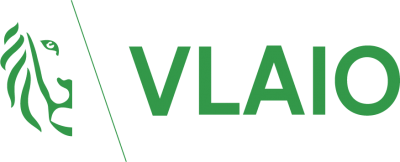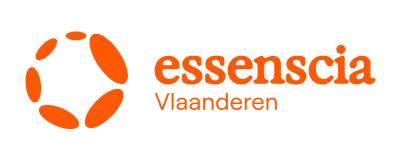Topics
We organise our actions in six thematic & strategic agendas:
Strategic Agendas:
Bio-economy
Circular Construction
Chemicals/Plastics
Manufacturing Industry
Food Chain
Water Cycles
Seven leverages provide additional support:
Leverage effects:
Lever Policy Instruments
Lever Circular Procurement
Lever Communication
Lever Innovation & Entrepreneurship
Lever Financing
Lever Jobs & Skills
Lever Research
What, why and how?
Why are we pursuing a circular economy?
Future visions 2050
How do we see our circular future?
About our management
Who steers what at Flanders Circular?
ReMeuter
ReMeuter helps build a climate neutral Europe
By 2030, Europe wants to reduce its greenhouse gas emissions by at least 50 percent. The biggest gains can be made in the construction sector, where demolition and construction waste is among the biggest polluters year after year. Demolition and demolition company De Meuter therefore founded the circular project ReMeuter, through which it does not demolish reusable building materials on construction sites, but collects, refurbishes and sells them.
Many construction sites are brimming with (re)usable building materials. Think of cement tiles, glass walls, fireplaces, doors, ... With the ReMeuter project, De Meuter dismantles these building materials in collaboration with Coliseum, a company that stocks the materials and sells them through its webshop. In addition, De Meuter itself stores recovered materials, which Coliseum does not offer through its webshop, but to a separate customer base. As recently as 2023, ReMeuter became a BeCircular laureate thanks to this method. That initiative gives a boost to projects that turn Brussels into a circular city.
Recycling at home
ReMeuter is based on the basic sustainable principles and methods of De Meuter. That company has been engaged in sustainable demolition and dismantling for many years. This enables it to recycle and sort the materials later. De Meuter has an in-house recycling center in Grimbergen, where it crushes stony materials to make new foundation materials or cementitious materials.
At their sorting center in Neder-over-Heembeek, the focus is more on residual streams: dirt and waste from demolition work, for example, are given a new life there as secondary raw materials for plastics, wood panels, textiles and paper, for example. By keeping this recycling local, De Meuter reduces their transport kilometers and thus also their CO2 emissions. A win-win.
De Meuter
Partners Coliseum, CityDev
Sectors
Themes
Organisations

















